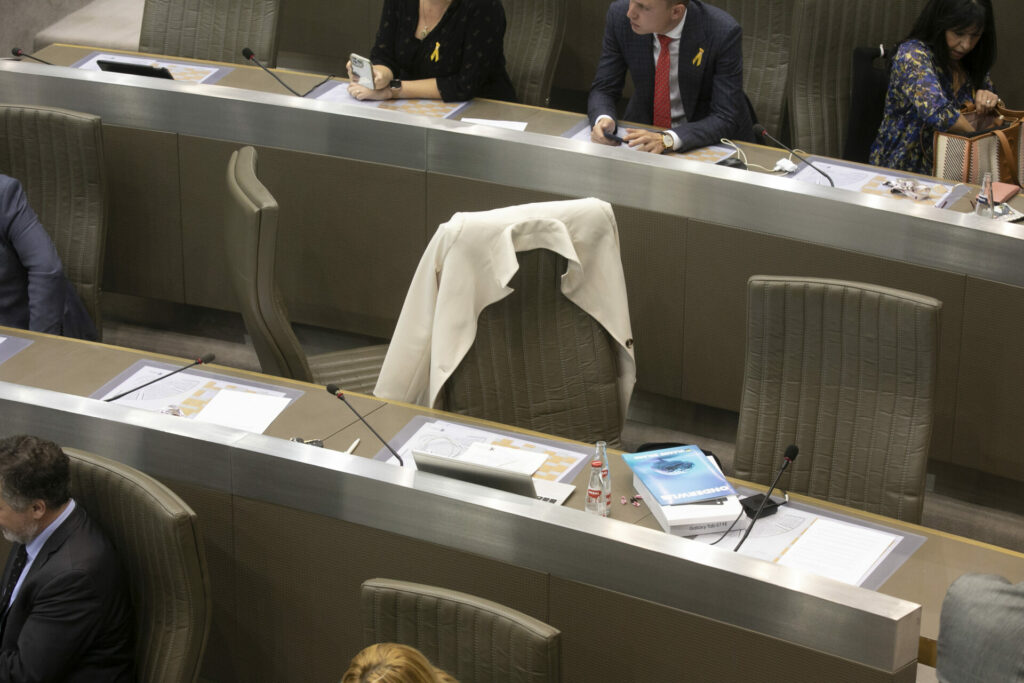Political parties in Belgium are increasingly using parliamentary assistants to carry out their own operations, despite their salaries being paid for by the Belgian State. As a result, researchers are calling on these salaries, totalling €84 million, to be included in parties' public funding.
KU Leuven academics Bart Maddens, Gunther Vanden Eynde and Jef Smulders looked into Belgium's different parliaments to find out how many staff members each political party could count on. The findings of the study were published in the Flemish magazine Knack.
The logic seems fairly simple, each MP is entitled to their own personal assistant (two in the Walloon parliament) and a party's parliamentary group is also entitled to employ their own staffers.
The academics concluded that the role of parliamentary assistants, as well as political party funding in general, should be regulated and adjusted, as their figures have revealed that, if assistants' wages were included, the amount parties receive from the state each year would be doubled.
Creative accounting
Back in the days where they were known as Vlaams Blok, the far-right Flemish nationalists Vlaams Belang (VB) would use staff on the parliamentary payroll to work for their own operations and activities, with the research showing that Belgium's traditional parties have caught onto the trick.
However, instead of bucking the trend, Belgian political parties have decided to do the same bit of creative accounting by using these assistants to save on labour costs.
This is apparently due to their electoral decline over recent years, which has led to them receiving less public funding, as revenue is distributed among the number of seats won.
As a result, this confirms stories Knack had heard with regards to parliamentary assistants completing personal tasks for politicians, such as cleaning their boss' driveway, arranging their divorce papers or even picking up their children.
Related News
- Federal Parliament: Experts recommend changes to political party financing
- Why Belgium has six governments (and not seven)
- Belgium's finances strained by high borrowing costs
This has also resulted in a disproportionate number of parliamentary personnel in comparison to the size of the territory represented.
In the Brussels Parliament, 120 staff members are employed for 89 parliamentary seats, whereas the Flemish Parliament has 197 employees for 125 MPs and 221 employees for just 75 seats in the Walloon Parliament.

